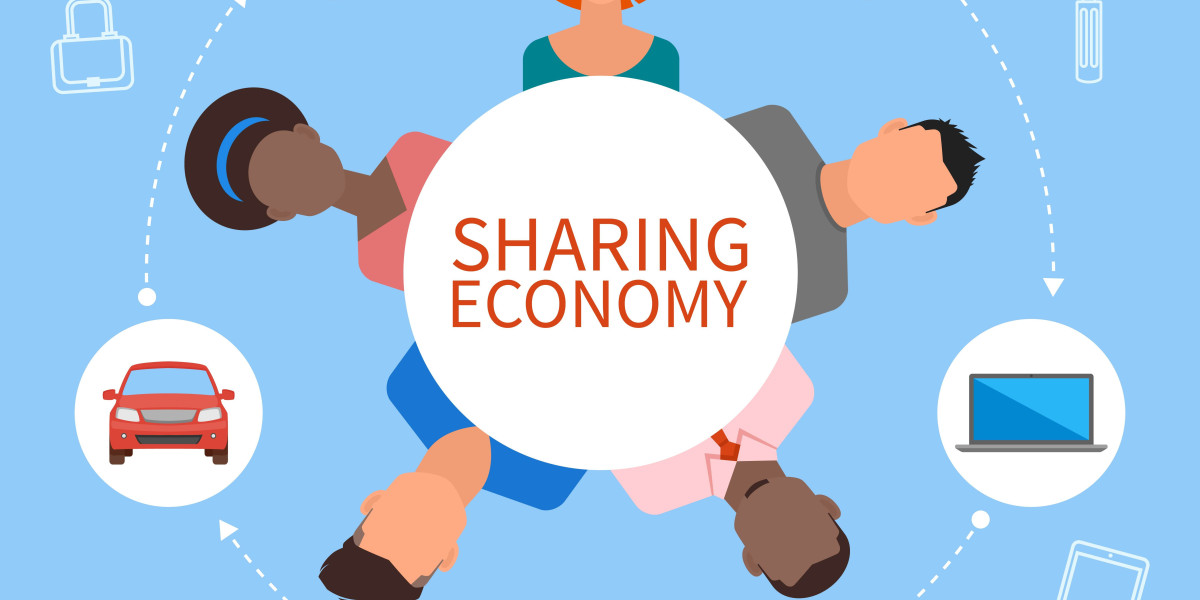The phrase Sharing Economy refers to an economic model in which individuals are able to borrow or rent assets owned by someone else—often facilitated through a digital platform. Emerging strongly in the early 2010s, this paradigm hinges on maximizing the utility of underused resources, whether they’re cars, living spaces, tools, or even professional expertise. While ride-sharing apps and home-rental platforms like Uber, Lyft, and Airbnb serve as the most visible manifestations, the concept has grown far beyond these early flag-bearers. Today, the sharing economy extends into sectors as diverse as coworking spaces, peer-to-peer lending, subscription-based services, and equipment rental—all aimed at enhancing efficiency, reducing costs, and promoting sustainability.
Crucially, the rise of this model reflects changing attitudes toward ownership: younger generations often prioritize accessibility and flexibility over possession. From environmental concerns to urban space constraints, sharing-enabled services respond to multiple societal pressures. Furthermore, digital platforms reduce friction by offering trust mechanisms: ratings, escrow payments, and algorithmic matching help mitigate the traditional risks of peer-to-peer commerce.
Economically, the sharing economy allows asset owners to monetize idle capacity. For instance, someone with a spare car or an extra room can generate income streams without significant additional investment. Simultaneously, consumers benefit from cost savings and convenient access. Governments and regulators, however, face challenges navigating the rapidly evolving landscape—addressing issues like insurance liability, labor rights, and zoning laws, especially as sharing-based businesses often disrupt established institutional frameworks.
On a global scale, the sharing economy exhibits strong potential: emerging markets, in particular, are fertile ground—urbanization and rising digital access create ripe conditions for rapid adoption. Meanwhile, technology enhancements (e.g., AI-driven dynamic pricing, blockchain-enabled trust systems) continue to refine platform efficiency and reliability.
That said, concerns remain. Questions around worker classification, data privacy, and equitable access are not trivial; nor are risks like overcommercialization diluting community ethos. The path forward likely involves striking a balance between flexibility and protection—for consumers, providers, and infrastructure alike.
In summary, the sharing economy is reshaping how we conceive of ownership, access, and resource utilization. Bolstered by digital platforms and evolving consumer preferences, it represents a dynamic, multifaceted economic trend—one that raises as many regulatory and ethical questions as it promises opportunities for innovation and sustainability.







